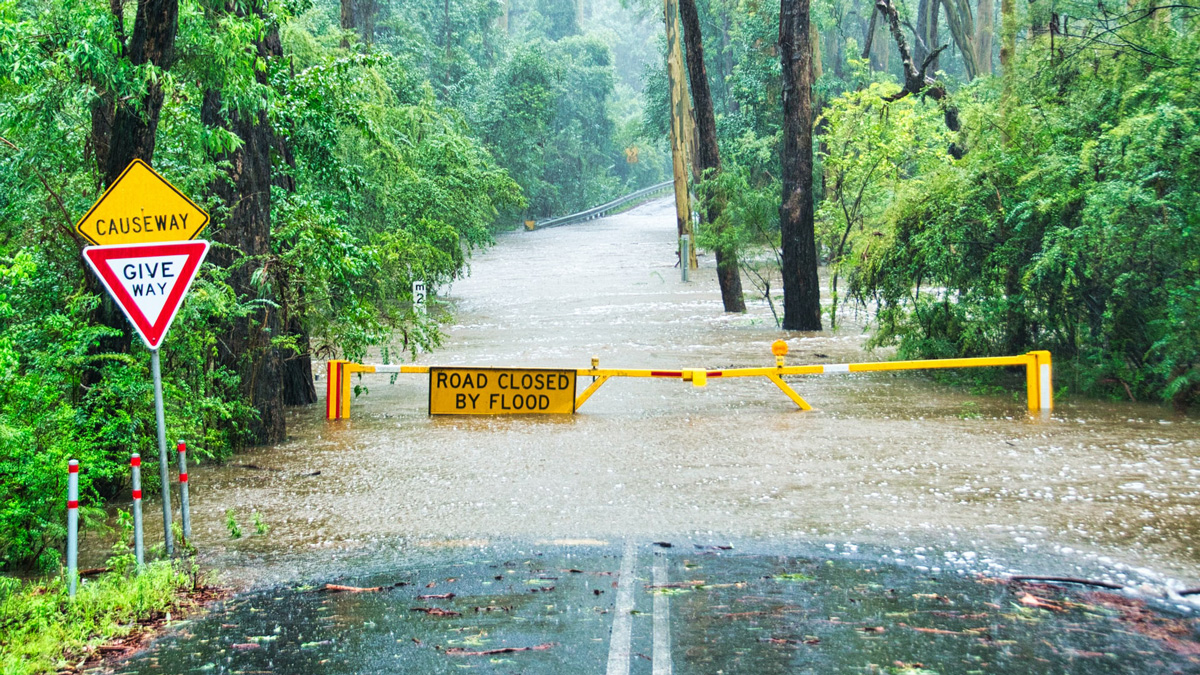
‘Adapt to protect communities and natural habitats’ - that’s one of the four goals of COP26 which is just around the corner. But is Australia’s current approach to climate adaptation sustainable and equitable?
Not according to the Director of Future Earth Australia, Dr Tayanah O'Donnell. She says more work needs to be done both at a community level and on a national scale to ensure science underpins the design of adaptation responses.
“Science is needed to ensure local and regional climatic variation and related community needs are well understood, and to ensure that most vulnerable in society are not left behind as Australia adapts to a changing environment,” says Dr O'Donnell.
And with COP26 looming, an imminent Australian Government National Climate Resilience and Adaptation Strategy, and an IPCC Working Group II (impacts, adaptation, and vulnerability) report all occurring in the next six months, the need is urgent.
“A scientific approach is needed to support an approach to adaptation that is nuanced to particular geographies and attuned to specific community needs,” says Dr O'Donnell.
“The research needed is wide-ranging: science, the social sciences, the humanities, and First Nations knowledge perspectives in equal measure.”
The work required to ensure future generations of Australians can cope with climate change in a sustainable and equitable manner will be mapped out in a new national strategy currently under development by Future Earth Australia, called a ‘National Strategy for Just Adaptation’.
Dr O'Donnell says the strategy will build on the successful model used to create earlier national strategies on sustainable oceans and coasts and sustainable cities and regions.
“We are assembling an Expert Working Group of leading climate adaptation researchers and practitioners from across specialist fields to provide strategic oversight into the strategy.”
The strategy will be launched in March 2022. The working group will be co-chaired by Mr Bhiamie Williamson (ANU), a Euahlayi man from north-west New South Wales, Professor Petra Tschakert (University of Western Australia) and Dr Mark Stafford-Smith (CSIRO). Other working group members will be announced soon.
“The strategy will build on a series of climate adaptation events and consultation workshops conducted over 2020/2021, including the Reimagining Climate Adaptation Summit,” says Dr O’Donnell.
Dr O'Donnell says while measures announced in this year’s Federal Budget to help Australians withstand and adapt to climate change are welcome, disaster recovery must not be the sole focus of climate adaptation.
“There must be a broader approach as we prepare and adapt to climate change. As climate impacts will affect every part of society and our economy, this task requires that all sectors – public, private, not-profit, community, and research – come to the table,” says Dr O'Donnell.
“Future Earth Australia is well positioned to continue to lead the necessary cross-sectoral and community engagement work needed to underpin an equitable pathway forward."
Quotes from Co-Chairs
“Climate change adaptation presents a unique opportunity to walk alongside Indigenous peoples and create a more just and sustainable future” – Mr Bhiamie Williamson
“Just climate adaptation means addressing the root causes of systemic injustices and recognising disadvantaged and vulnerable individuals and groups as part of desirable, dignified and fair solutions” – Professor Petra Tschakert
“With the impacts of climate change becoming ever more apparent, it has become urgent to revitalise the community of adaptation researchers and practitioners in Australia.” – Dr Mark Stafford-Smith
Future Earth Australia is a program of the Australian Academy of Science.
© 2026 Australian Academy of Science